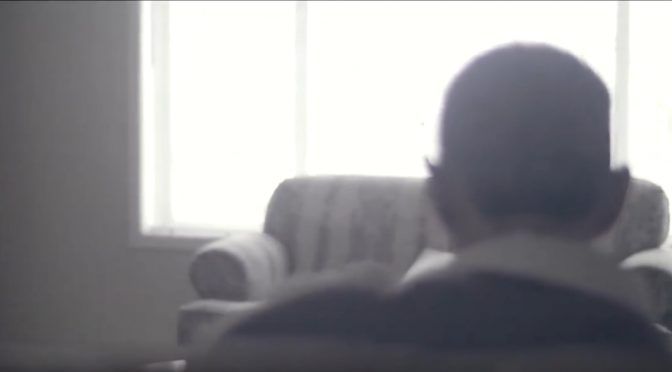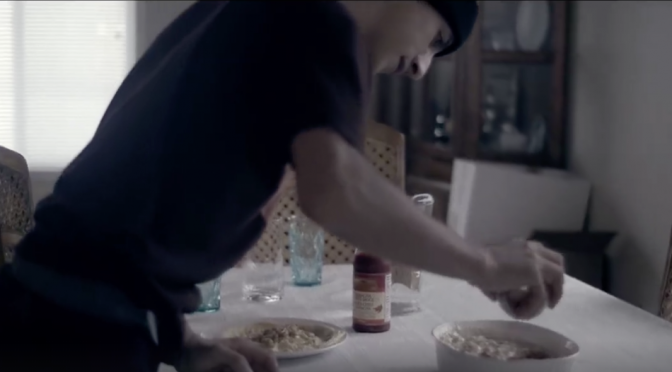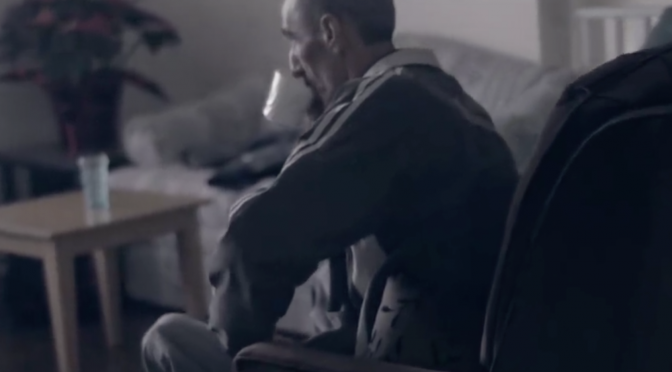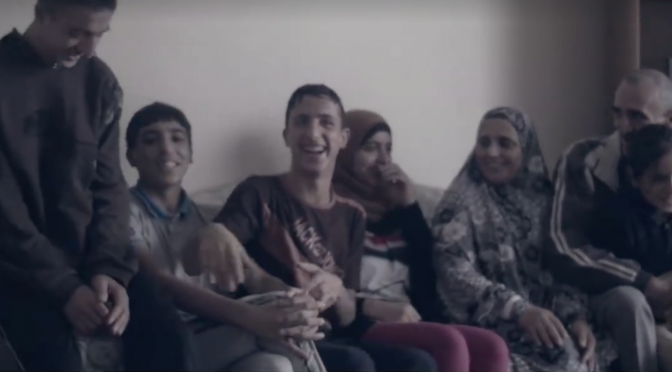As some hot tea and sweets were served by Mrs.Alsahoud, I asked Mohammad how life is now. He says with a relief how everything here is better than Jordan. There is no threat to him or his family’s lives and all of his children are enrolled in school. He is currently working in Toyota, washing cars. But one day, he wishes to go back to school and study math. That is when we both shared our fascination of the subject. I asked the kids how were they finding their new school. All five of them agreed on how it was good to be back to studying and explained they are enjoying their time in school. Mohammad interrupted me to say he has 6 more children. I asked where are they. He explained with sadness how they were scattered between Saudi Arabia, Lebanon and two of them were waiting at the Syrian border at the time because the Jordanian government was not accepting them. To lighten the mood, I asked him how he found Kelowna’s summer. The kids said how they found summer to be really beautiful, but some days it was as hot as it was in Syria. It turns out that we all shared an image of Canada as the ‘great white North’, and clearly we have been proven wrong by Kelowna! We ended the interview and as I was walking out, Mrs. Alsahoud hugged me.
What has truly inspired me is the optimism of the Alsahouds, the hospitality with which they treated me and how homely it felt. They didn’t let the war change who they are or darken their future. They didn’t let a war define their lives. They SURVIVED the war and decided to start a new chapter, make a new home. Sitting down with the Alsahoud family helped me understand the struggles of the war and know things that I would not have read in any news article. As a person who is an avid reader of current affairs, I have been following the Syrian War since the first protest. To be able to sit down with the people who have experienced the war, lived through it and survived, was truly a privilege. It made me appreciate my life more and increased the respect I had for refugees tenfold.
Refugees not just from Syria, but from other war-torn nations are fleeing to Europe. What can be seen is that very few nations are as welcoming to refugees as Canada and Germany has been. A lot of blame is being exchanged to avoid accepting refugees, many parties are on the defensive saying that they have done enough. Walls are being built, camps are like jails. Sometimes such behavior by nations makes me think that are they even treating these refugees as humans or as animals? After World War II, thousands of people from the Axis power nations fled elsewhere. The EU is one of the leading advocates for human rights. Now when the time has come to test them on the very same principles they advocate for, most EU nations have not stood up to it. However, it is not only Europe that needs to be looked at. Many Arab countries such as Turkey, Jordan, Saudi Arabia have defended themselves by saying they have given shelter to millions of refugees. I salute them for this because they stepped up when many others didn’t. Still, they need to take the next step and ensure the integration of the refugees into their societies. The responsibility of the governments do not end by just sheltering the refugees and giving them food (sometimes it feels like a jail to them). The governments need to helps the refugees get jobs and their families settled. This also benefits the host nations because successful integration of the refugees into the society would mean that there will be a significant increase in the nation’s manpower and productive workforce. Refugees will then be able to contribute significantly to the host nation’s economy.
No one wants to flee their homes, turn their entire world upside down and feel that their life is at threat. No one wants to cross the Mediterranean with their children, knowing that they might die. No one wants to live in refugee camps and see their lives go by, helpless as they are unable to earn and improve the lives of their families and children. But sometimes all of these things do happen, and as much as it is unfortunate, they happen at the same time. These refugees are not criminals. They are law abiding citizens of their country where they either were a university student or professor, businessman, economist, engineer, scientist. They have the right, like every human being on this planet, to safety, security and happiness. They do not deserve to be treated as if they are unwanted, stopped by fences, be forced to walk hundreds of kilometers or live in refugee camps forever. They deserve to LIVE.
As I walked out, I asked Mohammad do you miss home?
He replied, “There is no home anymore.”
UBC Okanagan Students Union has taken a great initiative in helping out this family! Check it out: https://www.facebook.com/UBCSUOkanagan/videos


 Follow
Follow

